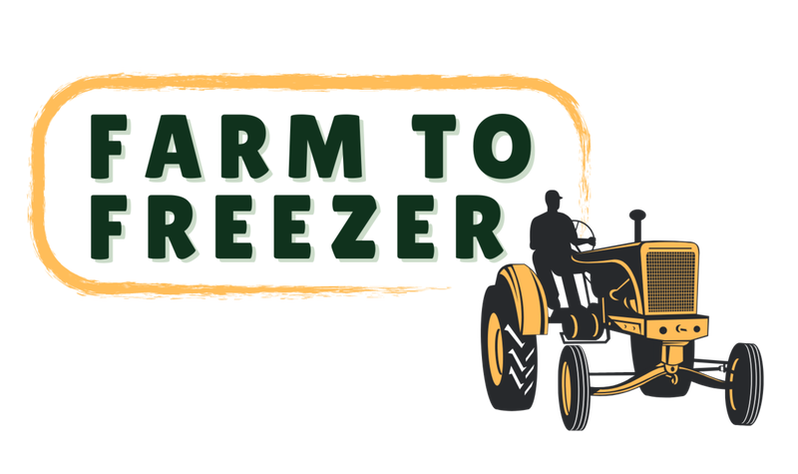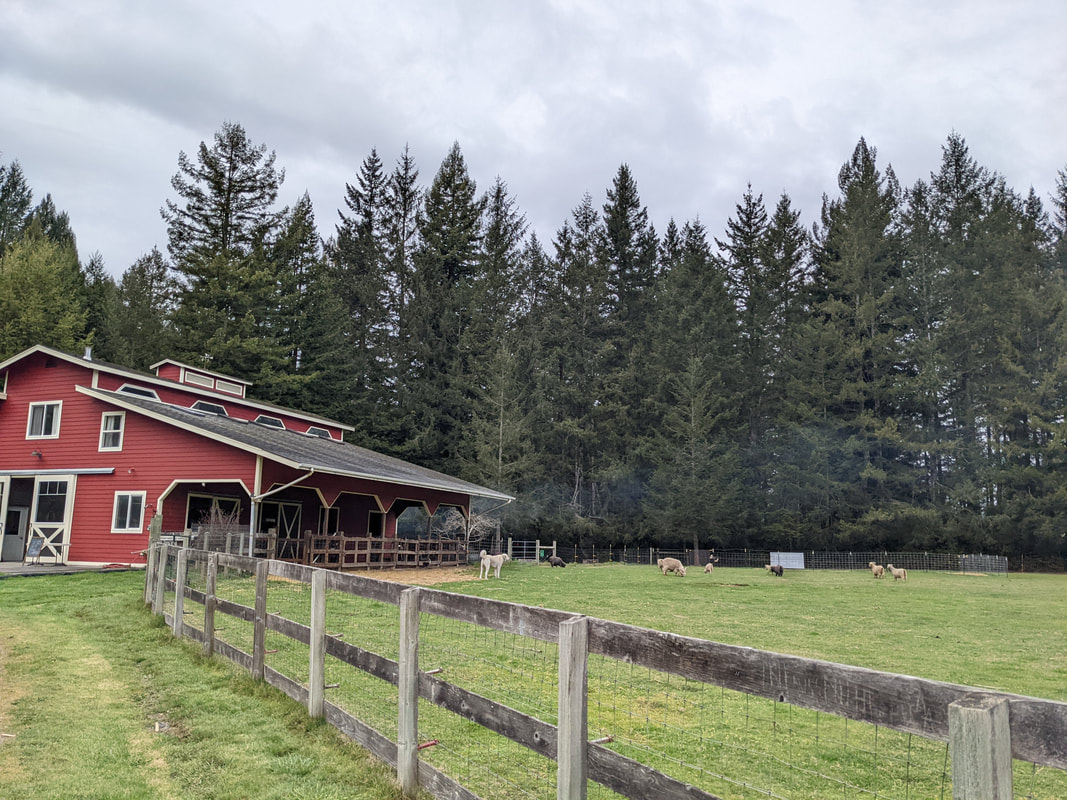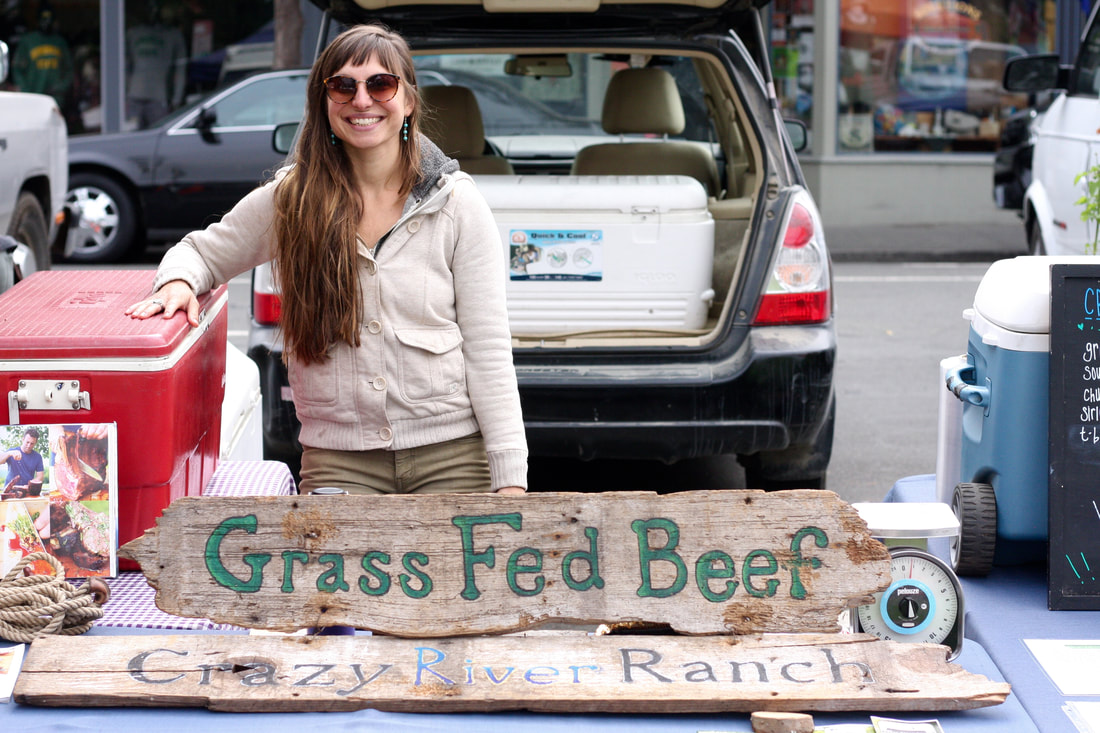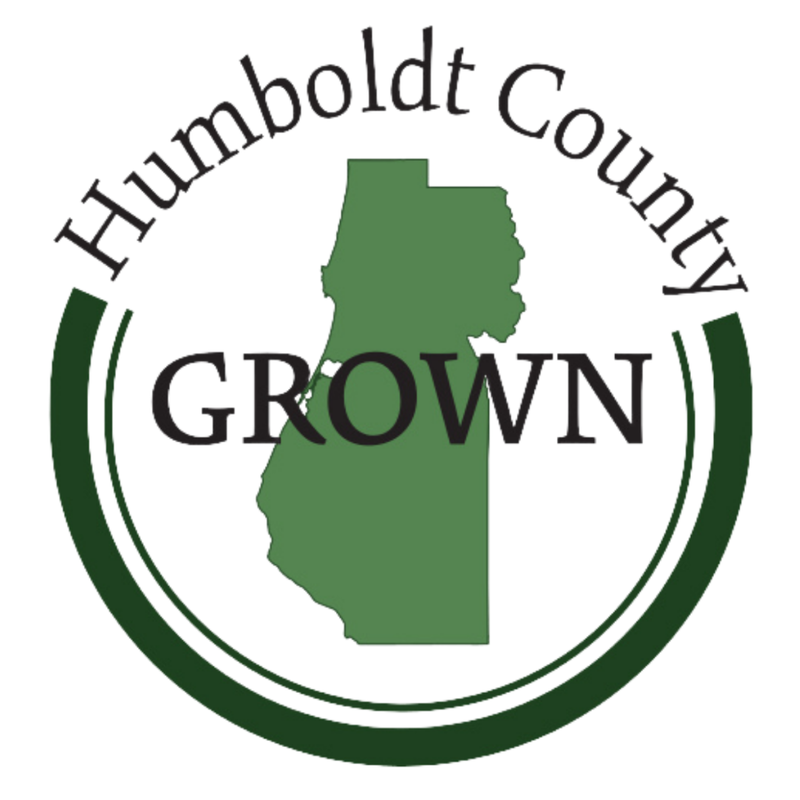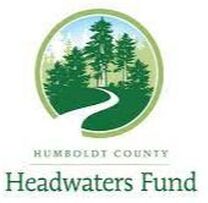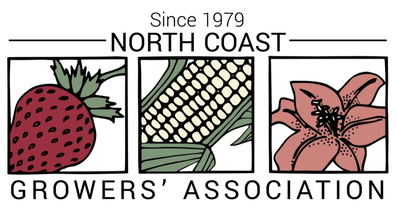Regenerative Agriculture and Animal Husbandry
Regenerative Agricultural practices aim to mimic the processes found in nature that allow the various aspects of the environment to stay in balance with one another. If one of these elements is taken away, it affects the whole system.
For instance, a meadow supports the life of animals (like deer) who feed on the plant life and deposit processed nutrients (manure) directly on the ground. This keeps the plant life trimmed back while simultaneously feeding the microbes in the soil that allow the plants to grow.
The plants absorb Carbon Dioxide from the air and move it into the soil, using their deep root structure to deposit the carbon in the soil. This is known as Carbon Sequestration. When more carbon is produced than can be sequestered, our planet experiences the green house effect known as Global Warming or Climate Change. As humans produce more and more carbon emissions each year, it is important to employ more systems that sequester carbon.
Regenerative Agricultural practices aim to mimic the processes found in nature that allow the various aspects of the environment to stay in balance with one another. If one of these elements is taken away, it affects the whole system.
For instance, a meadow supports the life of animals (like deer) who feed on the plant life and deposit processed nutrients (manure) directly on the ground. This keeps the plant life trimmed back while simultaneously feeding the microbes in the soil that allow the plants to grow.
The plants absorb Carbon Dioxide from the air and move it into the soil, using their deep root structure to deposit the carbon in the soil. This is known as Carbon Sequestration. When more carbon is produced than can be sequestered, our planet experiences the green house effect known as Global Warming or Climate Change. As humans produce more and more carbon emissions each year, it is important to employ more systems that sequester carbon.
|
In a meadow when beneficial plants are not regularly tilled (when the whole plant is ripped out of the ground, removing their nutrient dense roots, which often happens on farms to reduce the number of "weeds" that grow along with crops) the soil compacts on itself and becomes less absorbent of water and nutrients. This allows for increased run-off during the rainy season, when water is moved away from fields when the ground becomes saturated. On a farm, this soil compaction due to tilling causes farmers to need to water their land more frequently during the summer growing season. |
Regenerative Agriculture looks to the deer in the meadow as a lesson for how to sequester carbon and increase the water retention and general health of the soil. Including Animal Husbandry (the keeping of livestock) into farming plans is a way to reduce the amount of water needed to grow crops, feeds the soil through manure which reduces the amount of nutrients or fertilizers that are needed to be purchased and added to the soil, and keeps "weeds" trimmed back through grazing.
|
Most farmers who employ Animal Husbandry on their farms due so through Rotational Grazing. Animals are kept in one field for a season where they eat and deposit nutrients, making the soil beneath their feet ideal for water retention. The next year, crops will be planted in that rich soil and will benefit from the water stored deep underground over the rainy season. The animals are moved to a field that was used for crop production, so needs time to allow for plants and animals complete the natural processes described above and prepare the soil for a future year's crop.
(Read this cool article from Civil Eats about how beneficial animals can be when incorporated in farming) |
Farm-to-Freezer Project
In order to support farmers in Humboldt who employ Regenerative Agriculture techniques and/or practice responsible Animal Husbandry, NCGA launched our Farm-to-Freezer project!
Background: In April of 2021, Humboldt Bay Packers (a cold storage rental facility in Humboldt) decided to shutter its business and gave its tenants notice that they needed to re-home their products. NCGA members scrambled to find a location where they could re-home their frozen products. After contacting numerous local companies and even starting to look at spaces outside of Humboldt for an emergency solution, it became apparent that our local cold storage infrastructure was unreliable and had insufficient capacity to meet local food storage needs. In order to de-privatize local food infrastructure to make Humboldt’s local food system more resilient, NCGA purchased a freezer unit.
This freezer is one of the first steps we are taking to create a reliable, secure local food system.
|
Chris Moore from Woody Ryno Farm acknowledges “to collectively own such a critical piece of infrastructure will greatly improve our membership’s ability to plan and grow their businesses knowing they have safe and secure storage facilities for the quality products they raise on their farms or ranches. Working together we can ensure that we build a secure food system for the North Coast community and continue to provide the highest quality meats, fruits, and vegetables throughout the year.” |
What does a freezer unit mean for NCGA’s members and our local community?
1. Our meat producers can continue to run the businesses they’ve grown over the years without fear that another independently owned business will close, leaving them and their livelihoods in dire straights.
2. Our produce farmers can freeze fruits and veggies during the height of the growing season to be processed during the winter when they have more time. That means they can bring you a greater abundance of jams, jellies, dried fruit, and more!
3. Future generations of meat producers can begin their journey without needing to have access to large amounts of capital to invest in their own freezers.
4. By increasing local meat production, our community can rely less on large scale meat producers whose products are shipped in from across the country and world. This will lessen Humbldt’s carbon footprint and strengthen our local economy!
|
With help from a mini grant from the Headwaters Fund, NCGA successfully met our fundraising goal of $25,000 to purchase a freezer If you would like to make a tax deductible donation to NCGA to continue to pursue important project like this, please make checks payable to NCGA and send to PO Box 4232, Arcata CA 95518 |
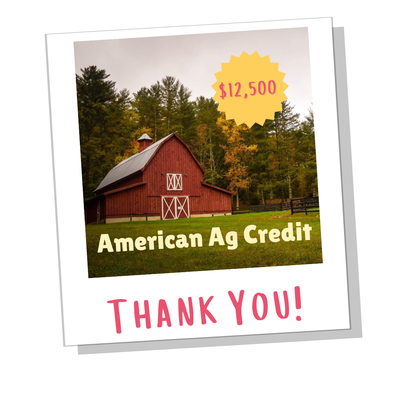
We'd like to extend a HUGE thank you to American Ag Credit who has
not only supported the Farm to Freezer project, but also supports small
family farmers across the country
American Ag Credit
www.agloan.com

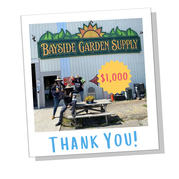
Bayside Garden Supply
4061 Hwy 101 #6
Eureka, CA 95503
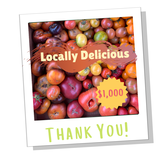
Locally Delicious
PO Box 309
Arcata, CA 95518
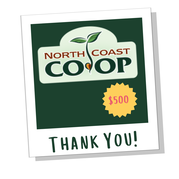
North Coast Co-op
811 I St
Arcata, CA 95521
-and-
25 4th St
Eureka, CA 95503
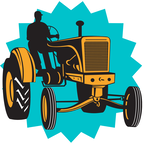
Individual donors over $500:
Doug and Donna Trekell
An anonymous donation from a passionate supporter of regenerative agriculture and real
food alternatives to conventional, factory farmers meat #longlivelocal
Doug and Donna Trekell
An anonymous donation from a passionate supporter of regenerative agriculture and real
food alternatives to conventional, factory farmers meat #longlivelocal
|
NCGA is a 501 c(3) nonprofit organization who has always been dedicated to providing Humboldt with high quality, locally produced food to increase our community’s health and food security. Please join us in this mission by making a tax deductible donation today! Questions? Contact [email protected] |
